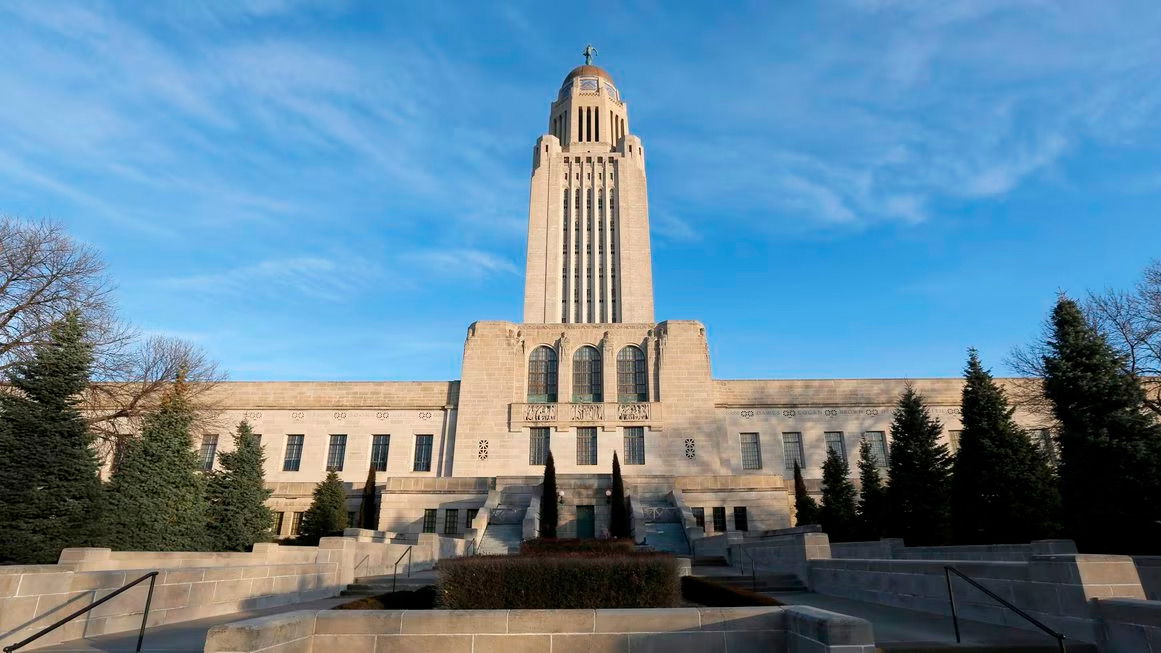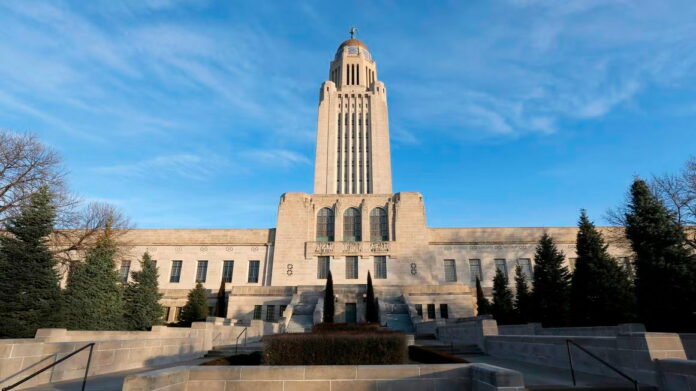
Nebraska Governor Jim Pillen has announced a special legislative session starting July 25 to address property tax reform, with the possibility of discussing online sports betting legislation. This marks a shift from earlier reports suggesting that online sports betting in Nebraska would not be feasible until at least 2026.
The Governor, who had previously opposed online sports betting, now appears to support it as a means to generate revenue for property tax reduction. Governor Pillen aims to cut property taxes by 50%, and online sports betting could contribute an estimated $30 million annually to state revenues, according to local news station KETV.
In the lead-up to the special session, Nebraska gaming officials and operators are lobbying for the inclusion of online sports betting on the November ballot. Casino companies in the state, notably Ho-Chunk Inc., the economic development corporation of the Winnebago Tribe of Nebraska, are at the forefront of this effort.
Ho-Chunk, which operates WarHorse Gaming and has temporary casinos in Omaha, Lincoln, and South Sioux City, is pushing for the legislative approval of a bill to place the online sports betting referendum on the ballot.
Addressing the potential tax revenue from online sports betting, Ho-Chunk CEO Lance Morgan stated: “It’s additive. It’s not a tax shift. And so we think that’s a pretty viable option. And we’ve been proposing that to be part of this special session.”
State Senator Terrell McKinney (D-North Omaha) is strongly advocating for the legalization of online sports betting, criticizing the current reluctance to embrace it. “[Online sports betting tax] is revenue that we’re missing out on because we want to be the ‘nanny state,’” he told KETV.
Lynne McNally, Director of Government Relations at WarHorse Gaming, added: “Considering the other options that have been floated around in the news, I certainly think that this is a much more palatable way to raise money,” referring to alternatives such as spending cuts and increased sin taxes.
The revenue potential from online sports betting is significant compared to retail betting. Reports indicate that up to 90% of sports betting revenue comes from online platforms.
For comparison, Iowa’s sports betting revenue is predominantly derived from online sources, with the Iowa Racing and Gaming Commission reporting that 92% of its $2.6 billion in sports betting revenue came from online betting over the past year.
In contrast, Nebraska has reported only $1.7 million in sports betting revenue from its four retail sportsbooks since January, amounting to approximately $342,000 in tax revenue.
Should Nebraska’s online sports betting market develop similarly to Iowa’s, projections suggest that the state could generate approximately $481 million in revenue from online sports betting, with $337 million potentially allocated to property tax relief. Despite the potential, Nebraska’s market is less developed than Iowa’s, and many Nebraskans currently travel to Iowa to place online bets.
To place the online sports betting measure on the November ballot, Nebraska’s legislature must approve it with a 60% supermajority vote. If successful, a simple majority of voters would be needed to pass the amendment.
Polling data from Ho-Chunk indicates that 65% of Nebraskans support online sports betting, although earlier data from major U.S. sportsbooks showed 57% support. If the legislature does not advance the measure, a citizen petition remains a viable alternative.
The outcome of this legislative session could mirror the 2020 referendum, which legalized casino gaming and retail sports betting at Nebraska’s horse racing tracks with 65% voter approval.
Original article: https://www.yogonet.com/international/noticias/2024/07/22/73236-nebraska-39s-special-legislative-session-expected-to-address-online-sports-betting-legislation
















